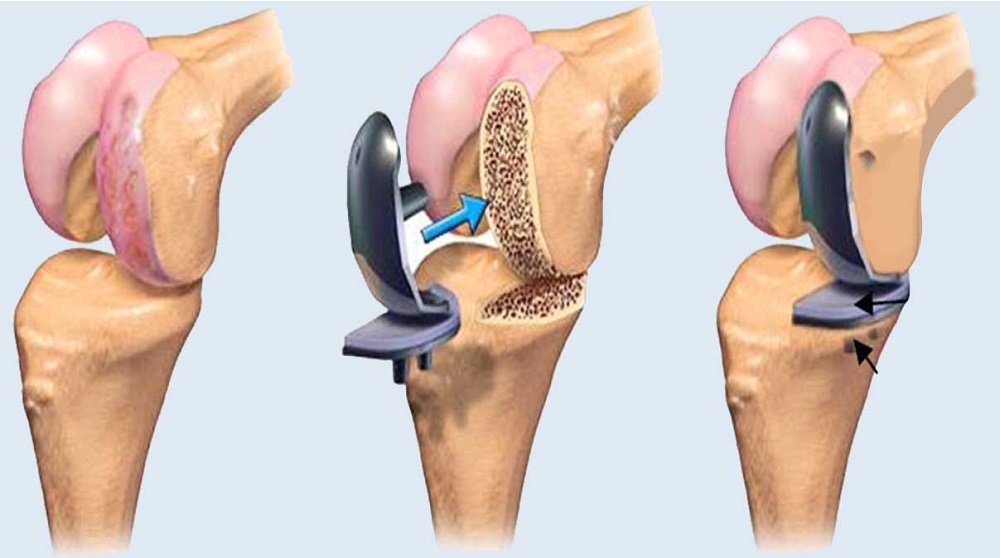Determining if a patient is a suitable candidate for knee replacement surgery involves a comprehensive evaluation by an orthopedic surgeon. Several factors are considered to ensure that the benefits of surgery outweigh the risks and that the patient is likely to achieve significant improvement in pain relief and function.
Here are the key considerations in determining candidacy for knee replacement surgery:
1. Severity of Symptoms:
- Pain: The patient experiences persistent and severe knee replacement surgery pain that limits daily activities and is not adequately relieved by conservative treatments such as medications, injections, physical therapy, or lifestyle modifications.
- Function: Difficulty in walking, climbing stairs, getting up from a chair, or performing routine tasks due to knee stiffness, instability, or weakness.
2. Diagnosis and Imaging:
- Radiographic Evidence: X-rays or other imaging studies (such as MRI) show significant joint damage or arthritis affecting the knee joint, including loss of joint space, bone spurs, and deformity.
- Clinical Assessment: Physical examination by the surgeon confirms joint stiffness, swelling, tenderness, and range of motion limitations.
3. Failed Conservative Treatments:
- Non-Surgical Interventions: The patient has undergone and exhausted non-surgical treatments such as anti-inflammatory medications, corticosteroid injections, viscosupplementation (hyaluronic acid injections), physical therapy, and lifestyle modifications without adequate relief of symptoms.
4. Overall Health and Medical History:
- General Health: The patient is in reasonably good health overall, without significant medical conditions that would pose a high risk during surgery or impair post-operative recovery.
- Medical Clearance: Evaluation of medical conditions such as heart disease, diabetes, hypertension, and lung disease to assess surgical risks and anesthesia suitability.
5. Lifestyle and Expectations:
- Activity Level: Assessment of the patient’s activity level and realistic expectations regarding the goals of surgery, such as pain relief and improved function, aligned with their lifestyle and activities.
- Patient Education: The patient has been informed about the procedure, including risks, benefits, and expected outcomes, and understands the rehabilitation process and commitment required for recovery.
6. Psychological Readiness:
- Mental Health: Evaluation of psychological readiness and coping mechanisms, as knee replacement surgery and the recovery process can be challenging emotionally and physically.
7. Age Consideration:
- Age: While age alone is not a sole determinant, younger patients may be evaluated carefully to ensure that knee replacement surgery will provide long-term benefits and not require early revision due to potential lifespan of the prosthetic joint.
Conclusion:
Ultimately, the decision for knee replacement surgery is individualized and based on a thorough assessment of the patient’s symptoms, imaging findings, response to conservative treatments, overall health status, and lifestyle considerations. It is essential for patients to discuss their concerns and expectations with their orthopedic surgeon to make an informed decision about whether knee replacement surgery is the right choice for improving their quality of life and mobility.






Comments